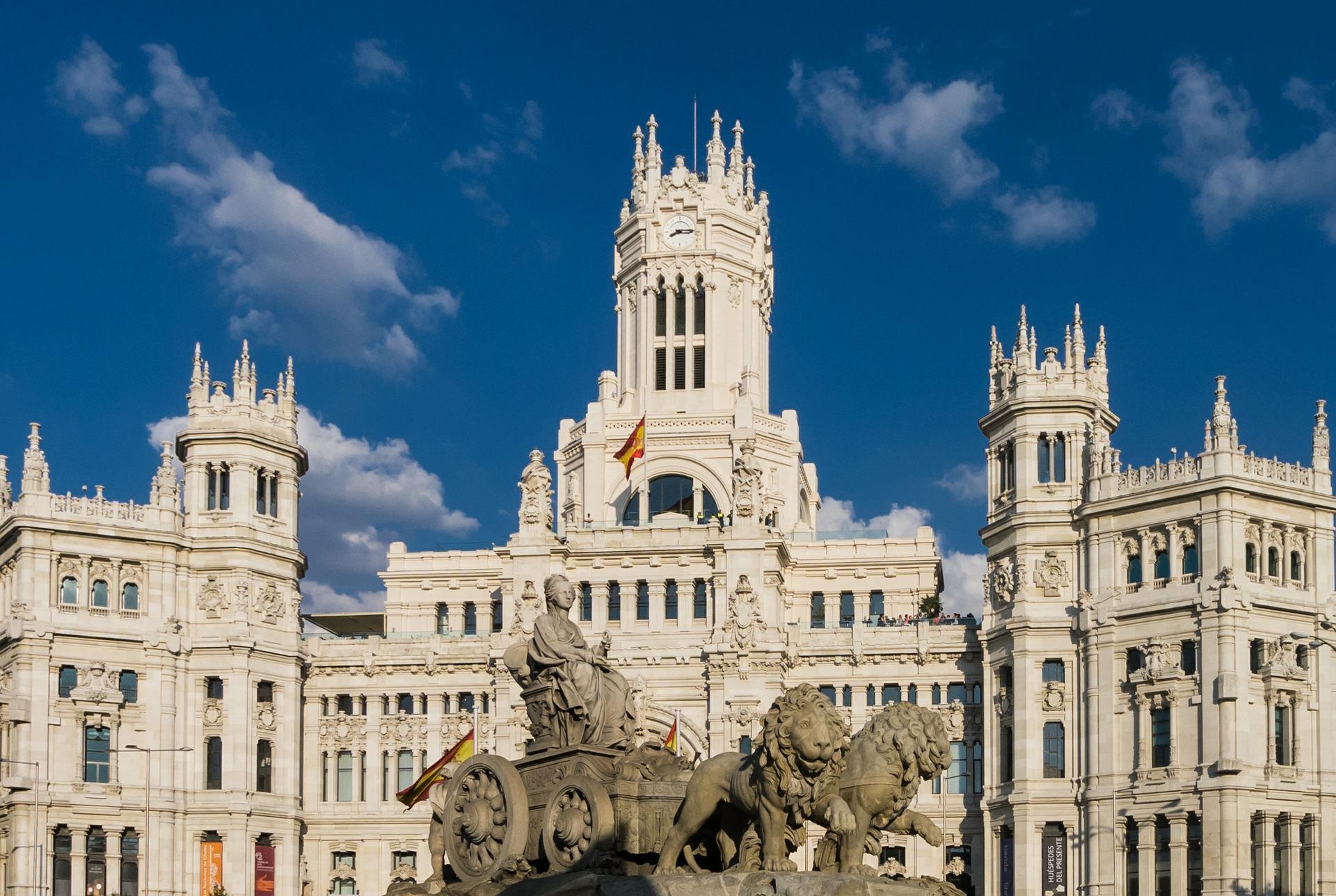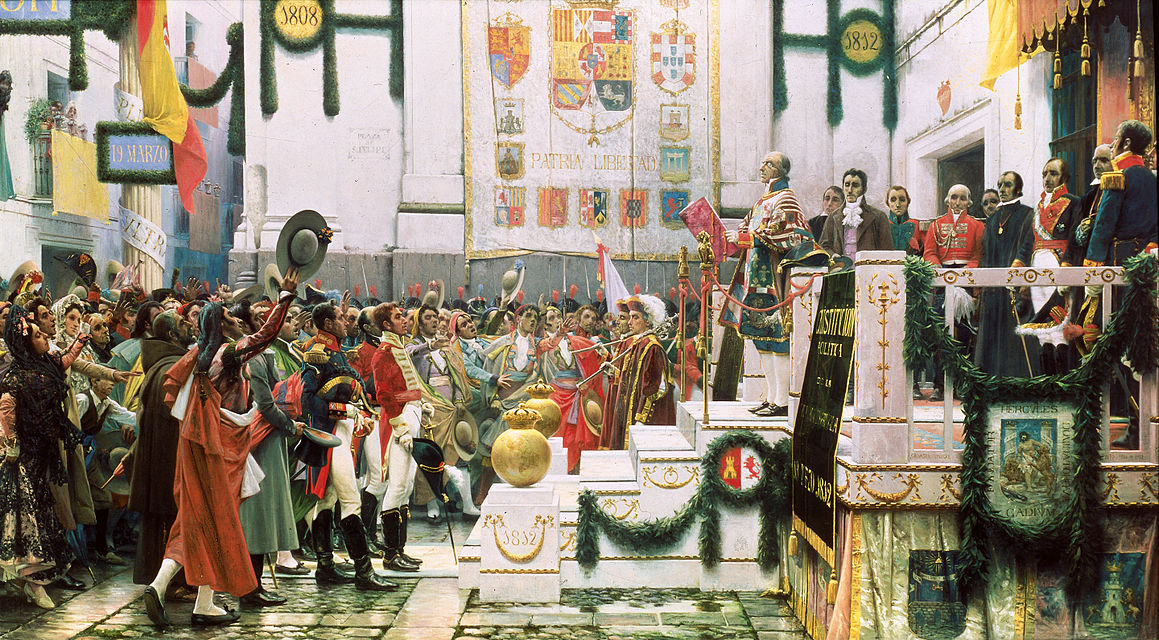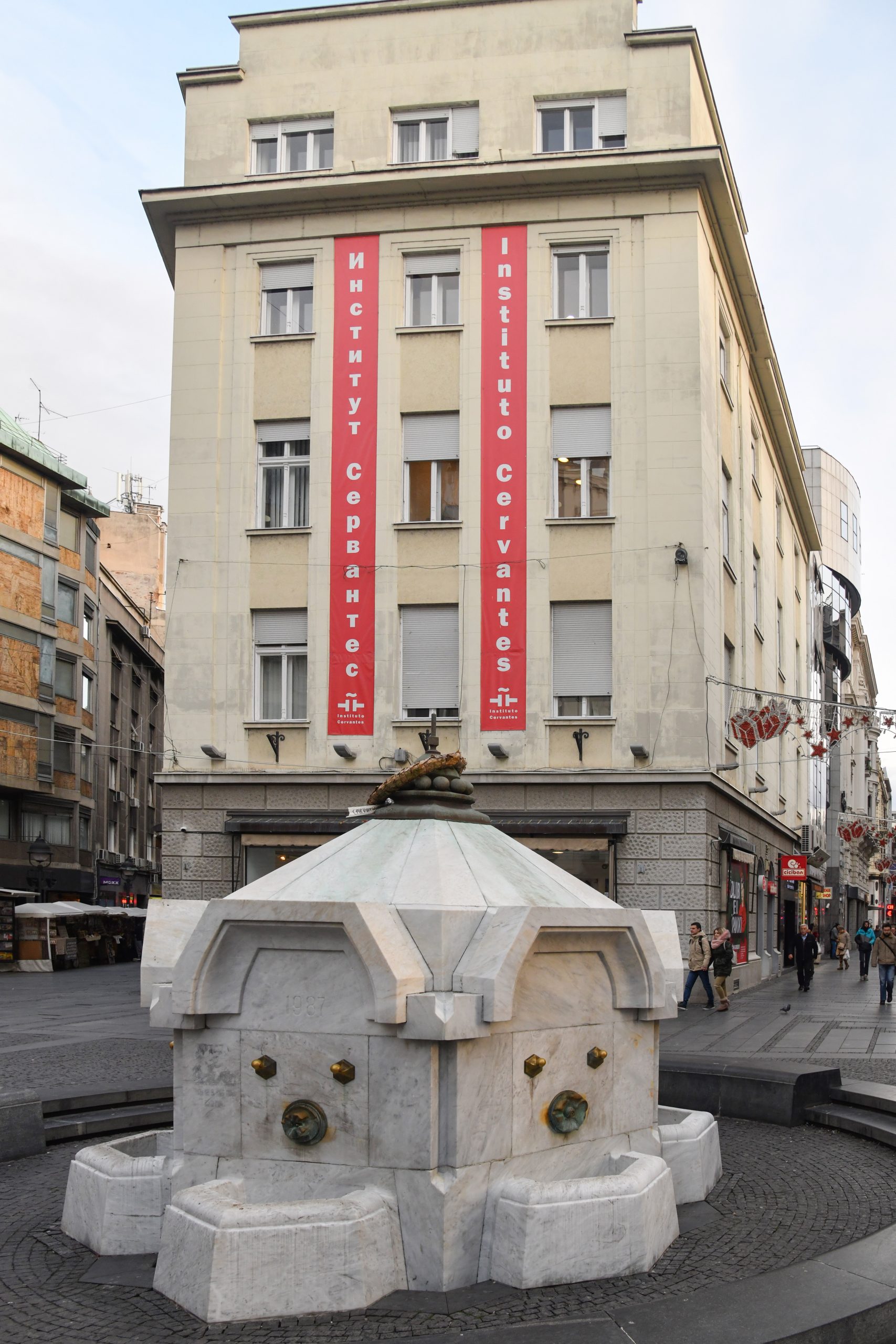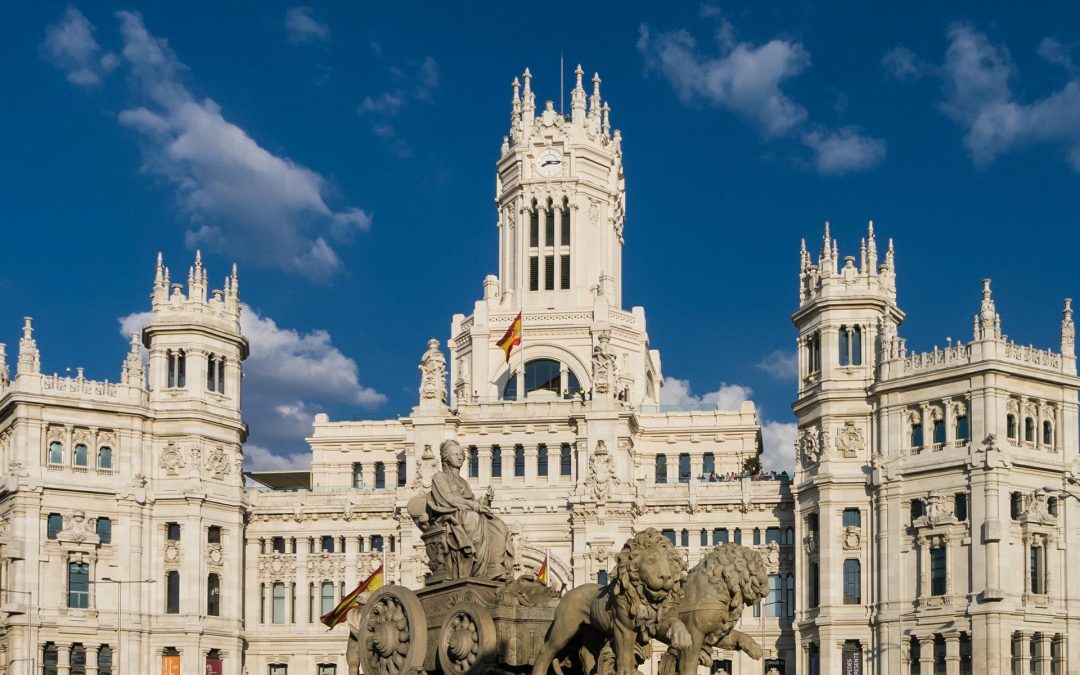OUR BLOG
KINGDOM OF SPAIN
BILATERAL RELATIONSHIPS

Famous for its turbulent history, art, flamenco, gastronomy, bullfights, wine, but also beautiful landscapes and diverse culture, and proud and hospitable people, Spain certainly does not leave anyone indifferent. This magical country is located in the southwest of Europe and occupies most of the Iberian Peninsula. It spreads into the Mediterranean Sea to the south and east and the Atlantic Ocean to the north and northwest.
Madrid as the capital represents a unique combination of traditional and modern. After London and Berlin, it is the third largest city in the European Union, but also the European metropolis with the most number of sunniest days a year.
It is home to the largest Western European royal palace “Palacio Real”, the prestigious museum “Prado” and the stadium of the most trophy-winning football club in the world, Real Madrid.
Tourism is a big source of income for Spain. Thanks to its geographical location and cultural and historical sights, Spain is the second most visited country in the world, visited by 83.7 million people annually. The most famous travel attractions are the Balearic Islands, Canary Islands, Barcelona, Madrid, and Sagrada Familia.
Bilateral relations
The Republic of Serbia and the Kingdom of Spain established official diplomatic relations in October 1916. Delivery of accredited letters to Dragomir M. Jankovic, the first Serbian representative in Madrid, to the Spanish King Alfonso XIII, is considered the official establishment of diplomatic relations between the two kingdoms at the time.
Today, bilateral relations between the two countries are excellent. Officials rate them as friendly and privileged, with no open questions and with mutual support on issues of vital national interest for both countries. Spain is among several NATO and EU members which have not recognized the independence of Kosovo and Metohija.
According to the state system, Spain is a parliamentary monarchy, with a hereditary monarch and a bicameral assembly. The executive power is vested in the Council of Ministers headed by the Prime Minister, appointed by the King, and confirmed by the House of Representatives.

Spain’s current constitution was adopted in 1978, and its constitutional tradition dates back to 1812 when this legal act was first adopted. It is one of the most decentralized countries in Europe, next to Switzerland, Germany, and Belgium.
More than 100 years of bilateral cooperation
The exhibition “The Kingdom of Serbia and the Kingdom of Spain” held in the Archives of Serbia in 2017, marked the centenary of the establishment of diplomatic relations between Serbia and Spain. The exhibition presented documents from the funds and collections of the Archives of Serbia and the National Historical Archives of Spain to illustrate the development of cultural and diplomatic ties between Serbia and Spain. Upon this occasion, a special unit was devoted to Serbian-Spanish relations during the First World War.
At the very beginning of the war, in 1914, the Embassy of the Kingdom of Spain in Vienna took over the protection of Serbian citizens in Austria-Hungary, and documents from representatives of the Kingdom of Spain to formalize their protection were presented at the exhibition.
For the first time, the scientific and general public had the opportunity to learn about the activities of the journalist and writer Angela Graupera, who stayed in Serbia during the First World War as a nurse in the Red Cross mission. Later, she published her memoirs in which she described her stay in Serbia and her involvement in the First World War.
Spanish Civil War
On the eve of World War II in 1936, the conflict between the “two Spains” began on the Iberian Peninsula.
On one side were the republicans – supported by communists, Trotskyists, and other nationalists, on the other side the rightists and fascists.

Republican volunteers at Teruel, 1936
History records that on the side of the republicans, around 1,800 Yugoslavs fought in the International Brigades, which consisted of volunteers from 53 countries. Among them were important figures, artists, writers, and politicians who later led the struggle for the liberation of Yugoslavia during the National Liberation War (1941-1945). However, a third of the Yugoslav Spanish fighters never returned from this bloody civil war.
Culture
Spain gave birth to numerous scientists, researchers, painters, and writers, and the famous work Don Quixote by Miguel Cervantes, which is considered the first modern novel.
Its culture is a heritage and a mixture of the influences of a large number of peoples who have inhabited its territory throughout history. Today, this country has a large number of places and monuments of exceptional importance for the entire world’s cultural heritage, and with 40 facilities under the protection of UNESCO, it ranks second in the world, right after Italy.
One of them is “La Sagrada Família”, a masterpiece by the genius architect Antonio Gaudi built-in 1882. This building in Barcelona is visited by hundreds of tourists every day.

Religion is still an important part of Spanish culture, as are the holidays with which Spaniards cherish their traditions and folklore. Each village or town has its festivities accompanied by bullfighting, games, musical performances, and processions, so about 4,000 local holidays are celebrated in Spain annually.
Of course, the famous fights and races with bulls, as well as flamenco, the Spanish national dance, are part of almost all festivities, which united elements of Indian, Arab, Jewish, Greek, and Spanish culture, are also unavoidable.

The Cervantes Institute in Belgrade is located in the building known as Zora Palace at 32 Knez Mihailova street, which is managed by our Company. The Spanish government founded this Institute in 1991 intending to promote the Spanish language and spread Spanish culture, as well as the culture of countries where the main language is Spanish.

Gastronomy
When it comes to food, Spanish cuisine is very rich and interesting. In the south, food is mostly fried in oil, in the central part it is baked, and in the north, it is boiled. The Romans and the Moors created the foundations of Spanish cuisine, which took its full form with the discovery of the American continent and the importation of potatoes, tomatoes, peppers, chocolate, and vanilla.

Interesting facts
The name Spain originates from the word “Ispania”, which means the land of rabbits.
In Spain, everyone has two surnames. The first is the father’s surname, and the second is the mother’s.
Over 410 million people speak Spanish as their mother tongue, due to which it is the second most spoken language in the world.

In Barcelona, Saint George’s Day (April 23) is the day when couples in love exchange a book with a rose in it.
There is a cave drawing in Spain which is more than 40,000 years old. The cave is called Altamira and is located near Santander.

Spain is the only country in the world where bullfighting is treated as a sport.
Since 2005, Rafael Nadal is the most Google-searched name of a person from Spain.
The Spanish eat 12 grapes on New Year’s Eve as midnight strikes. It is believed to bring good luck for all 12 months in the coming year.
Spain is the only country in Europe which produces bananas.








 2018
2018